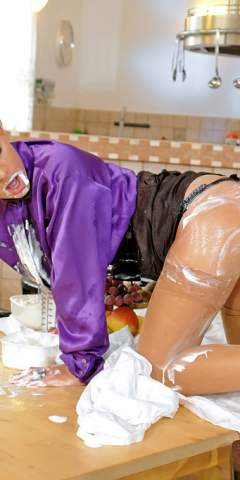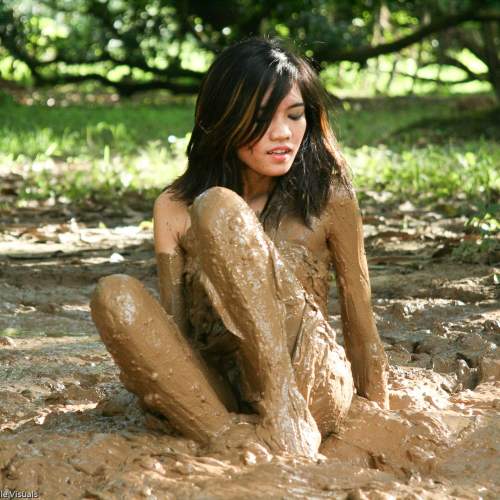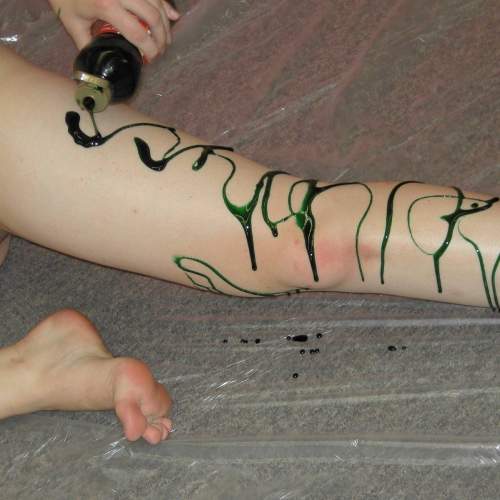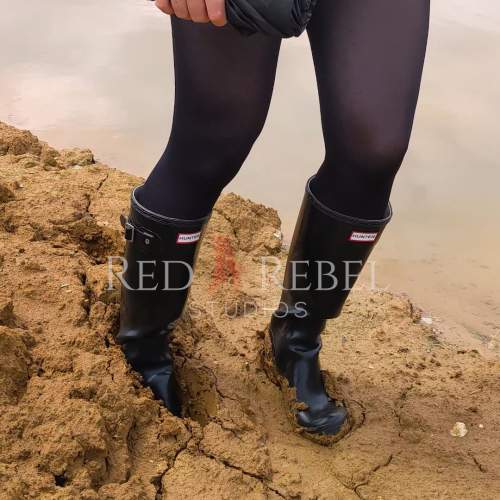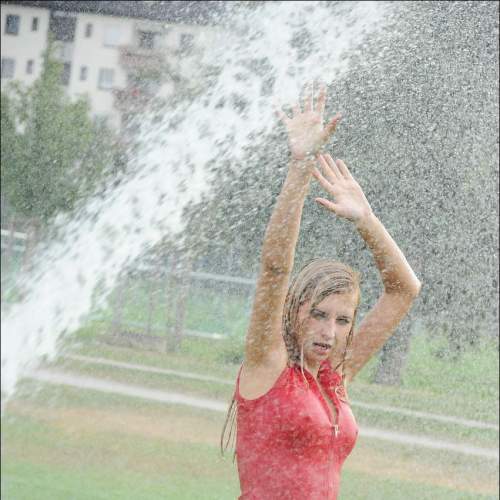|
|
|||
| forums: groups: | |||
|
"What are the odds of getting Naegleria fowleri in mud/quicksand/lake water?"
What are the odds of getting Naegleria fowleri, brain eating amoeba in mud/quicksand/lake water?
https://www.dailymail.co.uk/news/article-3570154/California-woman-dies-infected-brain-eating-amoeba-following-swim-Colorado-River.html
https://www.dailymail.co.uk/news/article-3570154/California-woman-dies-infected-brain-eating-amoeba-following-swim-Colorado-River.html
2/21/23, 1:26am: moved from Messy to Non-Wam
From the CDC:
How common are Naegleria fowleri infections in the United States? Naegleria fowleri infections are rare. * In the United States, between zero and five cases were diagnosed annually from 2012 to 2021. During this period, a total of 31 infections were reported in the United States.
How common are Naegleria fowleri infections in the United States? Naegleria fowleri infections are rare. * In the United States, between zero and five cases were diagnosed annually from 2012 to 2021. During this period, a total of 31 infections were reported in the United States.
Naegleria fowleri is an unavoidable risk associated with any warm fresh water. It is especially common in any hot spring. The only way to minimize your risk is to avoid getting water up in your nose. If you'll notice, the incident referred to occurred to a water skier in May in lower California on the Colorado River, at that time of year the water would have already been quite warm...
I've been at a hot spring where the week before a person died from the amoeba but was careful to keep my face out of the water. Local kids were splashing around in the water as if nothing had happened, the dead person was a tourist from somewhere in the northeast. One of the great mysteries of Naegleria fowleri is why all the locals don't die...
Naegleria fowleri is a waterborne amoeba and as such is unlikely to be in mud unless that mud is watery or has water on top of it. However, it is almost certain to be in most wash up water ponds in most quarries in the southern parts of the US and note that it has occasionally been found further north. Pay attention to the water you are washing up with, if it is warm enough to be pleasant to wash up with, there is a risk...
I've been at a hot spring where the week before a person died from the amoeba but was careful to keep my face out of the water. Local kids were splashing around in the water as if nothing had happened, the dead person was a tourist from somewhere in the northeast. One of the great mysteries of Naegleria fowleri is why all the locals don't die...
Naegleria fowleri is a waterborne amoeba and as such is unlikely to be in mud unless that mud is watery or has water on top of it. However, it is almost certain to be in most wash up water ponds in most quarries in the southern parts of the US and note that it has occasionally been found further north. Pay attention to the water you are washing up with, if it is warm enough to be pleasant to wash up with, there is a risk...
Oh my...that's horrible! I feel terrible for this woman and cannot imagine what her friends and family are going through.  I never heard of this but now it makes me more aware of this risk whenever I do my next quicksand sinkings that is along any water.
I never heard of this but now it makes me more aware of this risk whenever I do my next quicksand sinkings that is along any water.  Thanks for sharing this.
Thanks for sharing this.
 I never heard of this but now it makes me more aware of this risk whenever I do my next quicksand sinkings that is along any water.
I never heard of this but now it makes me more aware of this risk whenever I do my next quicksand sinkings that is along any water.  Thanks for sharing this.
Thanks for sharing this.I've heard of a case in Louisiana where a woman used a neti pot, which is a homemade nasal cleanse, and died from this amoeba. That was used as evidence that the neti pot is at least ineffective, and at most dangerous.
I didn't find this line of argument especially convincing, as the danger associated with the neti pot would be reliant on the cleanliness, or lack thereof, of the water used.
I don't know enough about phlegm to speculate on the effectiveness, but as someone who has nasal congestion, a lot, I've learned that congestion is caused by swelling of the sinuses. Using water to rinse excessive mucus out may not be very effective, but I can't say. Since I can't stand water up my nose, I've not tried this, nor do I particularly care to.
I didn't find this line of argument especially convincing, as the danger associated with the neti pot would be reliant on the cleanliness, or lack thereof, of the water used.
I don't know enough about phlegm to speculate on the effectiveness, but as someone who has nasal congestion, a lot, I've learned that congestion is caused by swelling of the sinuses. Using water to rinse excessive mucus out may not be very effective, but I can't say. Since I can't stand water up my nose, I've not tried this, nor do I particularly care to.
Dr. of Splatterology
Sponsors
To avoid content being blocked due to your local laws, please verify your age ?
Sponsors

Design & Code ©1998-2026 Loverbuns, LLC 18 U.S.C. 2257 Record-Keeping Requirements Compliance Statement
Epoch Billing Support Log In





 Love you, too
Love you, too















